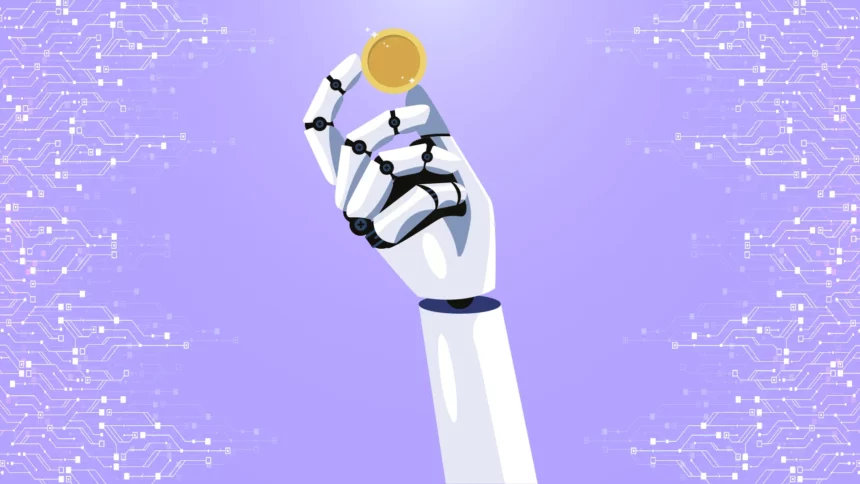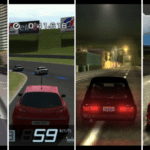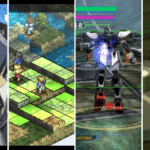Blockchain technology is reshaping various industries, and gaming is no exception. These games utilize blockchain to offer unique features like verifiable scarcity of virtual items, proof of ownership, and interoperability of game assets.
While the popularity of blockchain gaming seems to come and go waves, there’s no doubt that it is playing a role in shaping the future of gaming. In this article, we delve into the impact of the blockchain on gaming, alongside discussing the various currencies associated with it, such as AI crypto coins.
Understanding Blockchain in Gaming

Blockchain technology is transforming the gaming industry by introducing new levels of security, creating opportunities for developers, and enhancing the gaming experience for players. It’s the synergy between blockchain and gaming that is ushering in a revolution within this digital space.
The Emergence of Blockchain Games
The inception of blockchain games marked a significant evolution from traditional gaming paradigms, presenting a decentralized approach where items and assets could have real-world value. These games leverage blockchain to create a persistent and verifiable digital scarcity, as well as to establish ownership of in-game assets that players can trade, sell, or use across various gaming platforms.
How Blockchain Enhances Gaming Security
Blockchain’s inherent features provide enhanced security for games by creating tamper-proof records of all transactions and in-game events. This secures player assets and ensures that the game’s code is transparent and immutable. It effectively mitigates common concerns such as fraud and account hacking, contributing to a safer gaming environment.
The Impact of Blockchain on Game Developers and Players
For game developers, blockchain opens up avenues for new revenue streams and creative game mechanics. It allows them to monetize assets and incentives layers to buy and hold onto in-game assets, believing in their potential future value. Players, on the other hand, gain autonomy and ownership of their in-game assets and are assured that their investments and time are protected and potentially profitable within the growing gaming ecosystem.
Blockchain is not only reinforcing the foundation of the gaming industry but also remodeling the way value is perceived and exchanged within it, benefiting both developers and players alike.
The Rise of Play-to-Earn and NFTs
The integration of blockchain technology has transformed traditional gaming into a lucrative ecosystem with Play-to-Earn (P2E) models and Non-Fungible Tokens (NFTs), where digital ownership earns real-world value.
Exploring Play-to-Earn Models
Play-to-Earn games provide players the opportunity to earn income by participating in virtual economies. For instance, in games like Axie Infinity, players breed, raise, and battle creatures called Axies, with the more successful players able to sell their Axies or earn in-game currency that has real-world value. This paradigm shift incentivizes players by offering tangible rewards for their gaming efforts and time investment.
Non-Fungible Tokens: A New Era of Digital Ownership

NFTs have redefined digital ownership, granting gamers verifiable ownership rights of unique in-game assets. Games like CryptoKitties, which popularized the concept of collectible NFTs, allow users to buy, sell, and breed digital cats, each with its own distinct attributes and value.
Other virtual worlds, such as Decentraland and The Sandbox, enable users to own and trade virtual land and other assets, further solidifying the significance of NFTs in gaming.
Economic Aspects of Blockchain Gaming
Blockchain gaming infuses traditional gaming economies with decentralized finance through the use of cryptocurrencies and digital asset trading. Players and investors alike are navigating this new terrain where gaming can potentially yield real-world economic benefits.
Cryptocurrency Transactions in Gaming
Cryptocurrency transactions have become a staple in blockchain gaming, allowing for seamless in-game purchases and trades. Games utilizing blockchain technology enable players to use cryptocurrencies to buy, sell, or trade in-game assets.
This inclusion transforms in-game currency into real-world value and enhances economic realism within the virtual realm. Transactions are no longer limited to just Bitcoin (although it’s still by far the most popular); now, players have more choice than ever when it comes to which crypto to pay with within games. More and more gaming sites are also starting to accept altcoins, especially popular, high-market cap options like Ether and Litecoin.
Some niche sites might also accept meme coins and the best AI crypto coins for in-game purchases. The latter harnesses the power of AI to create cryptocurrency tokens with unique features or to power AI blockchains. Some, like Meme Kombat, leverage AI tools to create a play-to-earn environment, and we can only expect that as AI becomes even bigger, so too will the use of AI crypto in gaming.
The Role of Digital Assets and Their Marketplaces

Digital assets in games, such as skins, weapons, and even characters, are now often structured as Non-Fungible Tokens (NFTs). Ownership of these assets is authenticated on the blockchain, providing irrefutable proof of possession. OpenSea, a leading NFT marketplace, has facilitated an immense trade volume in gaming-related digital assets.
Players can truly own, display, and monetize their gaming assets, creating an interconnected web of virtual economies.
Investment and Monetization Opportunities
Gaming platforms now frequently include integrated wallets for storing digital assets, which players can then monetize through various channels, both inside and outside the game’s universe.
Investments into blockchain gaming by both large companies and individual enthusiasts signal a strong belief in the long-term viability of this intersection between gaming and decentralized finance.
Challenges and Future of Gaming and Blockchain
As the integration of gaming and blockchain technology progresses, the industry grapples with hurdles such as technical scalability, governance concerns, and the unfolding prospects of virtual environments like the metaverse. These challenges are pivotal in shaping the trajectory of this burgeoning ecosystem.
Technical Limitations and Scalability Issues
Current blockchain networks can experience congestion, leading to slower transaction times and higher costs. Solutions such as layer-2 scaling, such as roll-ups or sidechains, are being developed to address these bottlenecks.
Scalability Solutions:
- Layer-2 scaling: roll-ups, sidechains
- Off-chain transactions with on-chain finality
Governance, Trust, and Security Challenges
The decentralized nature of blockchain dictates the need for robust governance and trust mechanisms. In the realm of gaming, where assets like in-game currencies and items have real-world value, the potential for security breaches is a significant risk.
Advancements in smart contract audits and decentralized autonomous organizations (DAOs) bolster governance, enhancing trust in the ecosystem. Meanwhile, Decentralized Finance (DeFi) principles are being incorporated to manage in-game economies, heightening the importance of sound security practices.
Security Enhancements:
- Rigorous smart contract audits
- Secure wallet practices for asset management
Evolving Landscape: Metaverse and Beyond
Looking ahead, the fusion of gaming with blockchain ecosystems is paving the way for immersive experiences in the metaverse—a collective virtual shared space, created by the convergence of virtually augmented physical reality and physically persistent virtual space, including the sum of all virtual worlds, augmented reality, and the internet.
Integrations with virtual reality (VR) are expected to become more prevalent, supporting more interactive and engaging experiences. Navigating this evolution will require continuous innovation and adherence to the core tenets of blockchain technology.










